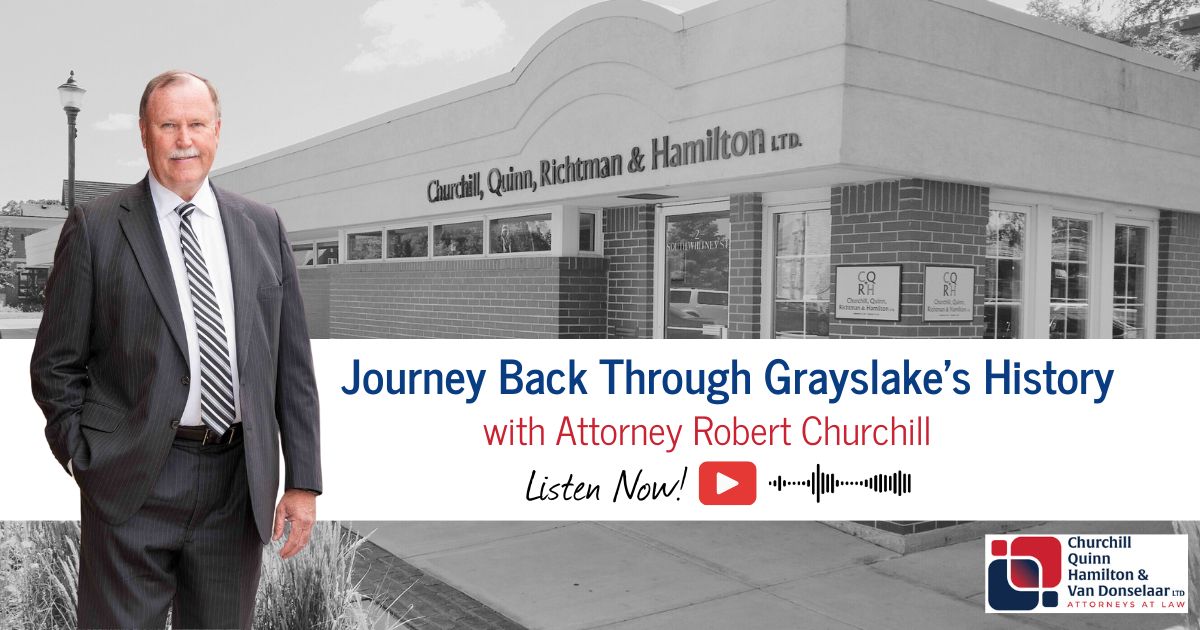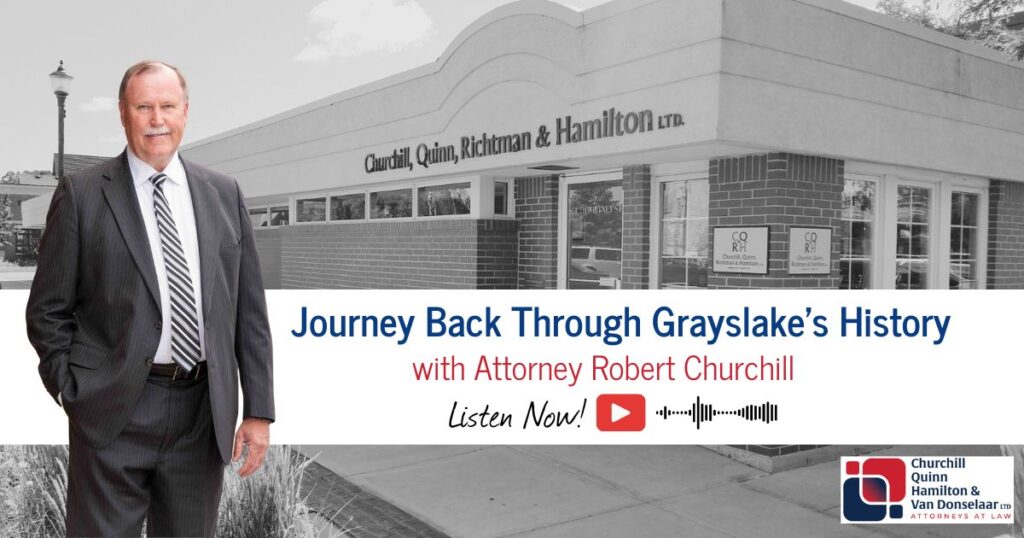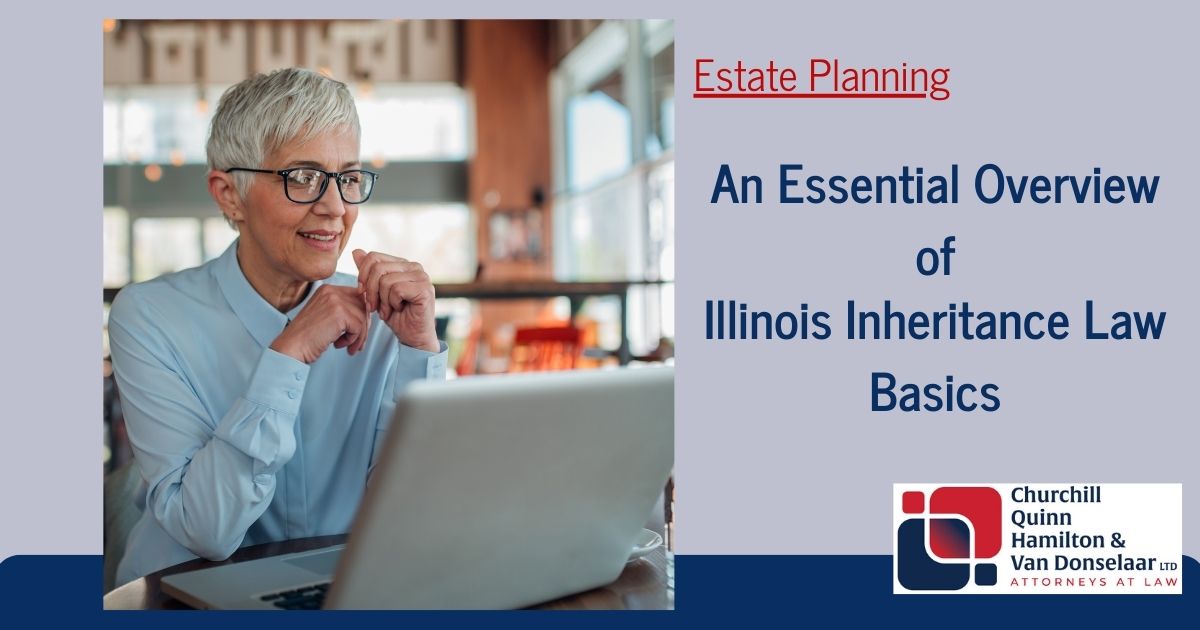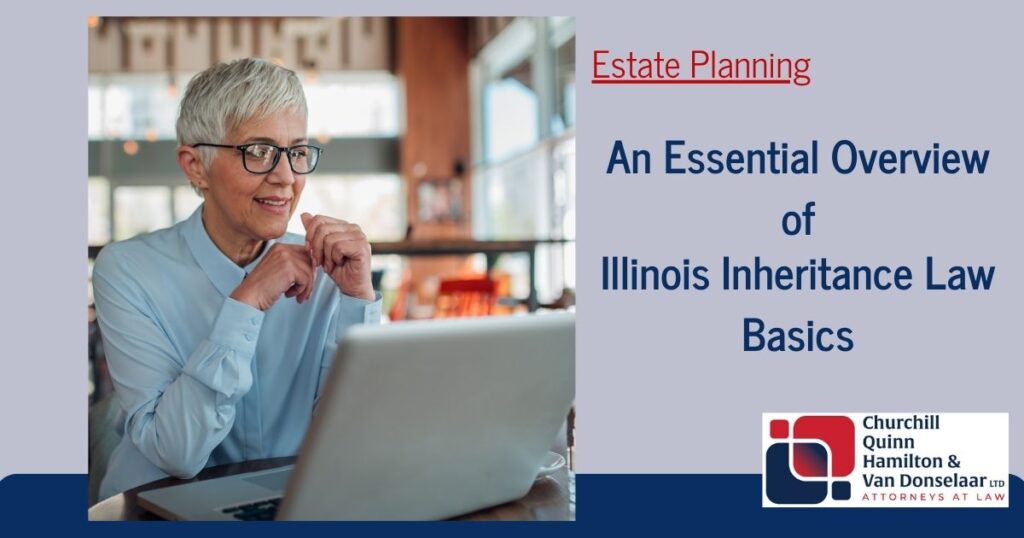
Passing a family business to the next generation can be a complex and emotional process. In fact, it is usually not a simple matter of handing over the reins to a trusted family member, as there are a number of legal concerns that can arise. Having a well-crafted succession plan in place can help to ensure a smooth transition while minimizing disputes and protecting the business’s future. Here are some of the biggest legal concerns to address when passing a family business down to another family member, and why working with an experienced estate attorney is so important.
Ownership and Transfer of Assets
One of the biggest factors in a succession plan is determining how ownership of the business will be transferred. For example, will the successor inherit the business or will they purchase it? This decision impacts tax liability, legal ownership, and the overall structure of the business. Your attorney will help to ensure that the transfer complies with state and federal laws, assist with drafting transfer agreements, and advise on the best way to structure the deal to minimize taxes and avoid legal disputes.
Business Structure
Determining the ownership structure of the business is a fundamental step in the succession plan. Common options include sole proprietorship, partnership, limited liability company (LLC), or corporation. Each structure has its own legal implications, and the choice should align with the goals and risk tolerance of the family. It’s crucial to ensure that the business’s organizational documents allow for a smooth transition of ownership and management. Your attorney will review and update the business’s documents to make sure they align with the succession plan. Additionally, we can help mediate any conflicts between stakeholders, ensuring everyone’s interests are addressed.
Tax Considerations
The transfer of a family business can have significant tax implications. In fact, improper planning can lead to estate, gift or capital gains taxes which can put the future of the business at risk. Our attorneys are well-versed in estate laws and can help minimize tax liability by establishing a strong estate plan that addresses issues such as trusts, gifting strategies or tax deferment options while adhering to state and federal laws.
Protecting the Future of the Business
A key goal of a succession plan is to ensure that the business continues to thrive after the transition. This means not only transferring ownership but also ensuring that the business remains financially stable and that its core values and mission are preserved. Your attorney can structure the transition to help the new owner thrive in their new responsibilities, by drafting non-compete or confidentiality agreements, setting up advisory boards, or helping to create a financial plan that benefits both the new owner as well as the retiring owner.
Working with Churchill, Quinn, Hamilton & Van Donselaar, Ltd. for your Succession Plan
A succession plan for a family business involves more than just choosing someone to take over. It requires careful legal, financial, and emotional considerations to ensure the business’s long-term success. Churchill, Quinn, Hamilton & Van Donselaar, Ltd. is highly regarded in succession planning matters and helps businesses strategically prepare for transitions in leadership. We tailor each succession plan to the specific needs and goals of each client, taking into account factors such as the size of the business, family dynamics, and the desired outcome. Additionally, we can identify and address potential legal risks, ensure that the succession plan complies with all applicable laws, and can assist in resolving disputes or disagreements that arise. Contact us at 847-223-1500 to develop a comprehensive succession plan tailored to your unique situation and create a seamless transition for the next generation.































